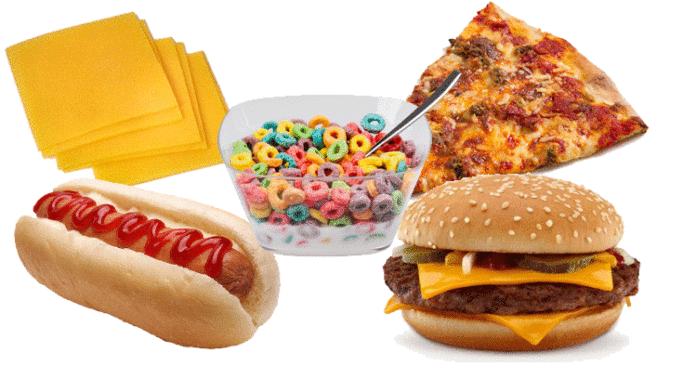
A THIRD of adults are unsure what the term ‘processed food’ means and believe they only indulge in two items daily but analysis of diets revealed it is over 11 times that number.
Despite health warnings to eat more fresh food and cook from scratch, on average Brits eat around 23 types of processed food every day.
One in three tucking into their bacon sandwiches made with sliced white bread, using ready meals and even putting sugar in tea has no idea they are guilty.
According to a study, a third of adults are unsure what the term “processed food” means, and on average they believe they are indulging in just two types of processed food daily but analysis of diets revealed it is closer to 23.
The survey by clean eating brand The Primal Pantry found Brits were confused over healthy options and did not realise staples like tinned soup, low calorie bread and white rice came under the “processed” category.
Almost six in ten said they were baffled by mixed messages put out by the food industry over what was healthy or not.
Two thirds said they listened to their bodies and used either their BMI (body mass index) or energy levels to decide which food to include or exclude from their diets.
Four in ten said price was a key factor when doing the weekly, family shop and a third said they looked at labels for fat content.
The NHS website defines processed food as “any food that has been altered from its natural state in some way, either for safety reasons or convenience.”
It adds: “This means you may be eating more processed food than you realise. Processed foods aren’t necessarily unhealthy, but anything that’s been processed may contain added salt, sugar and fat.”
Nutritionist Suzie Walker, founder of The Primal Pantry said: “We are horrified by the results of our research which reveals the shockingly high amounts of processed foods that Brits are consuming, often without knowledge nor intention.
“We are urging people to think more about what they eat and get real when it comes to their diet. A simple rule is that if something is in a packet – turn it over and read the ingredients list. If you can’t pronounce it, it probably shouldn’t be in there. Also, if you can’t pick it, grow it or feed it, it’s not real food.”








